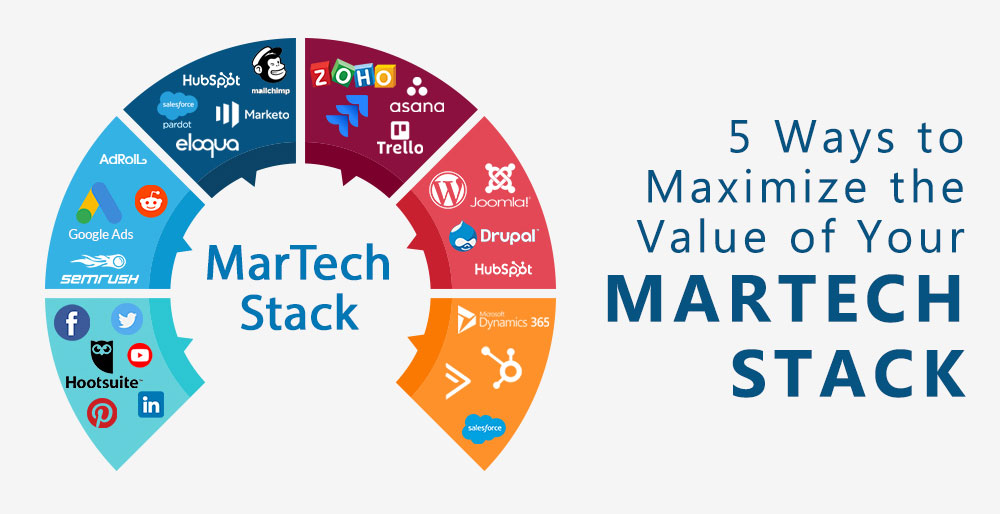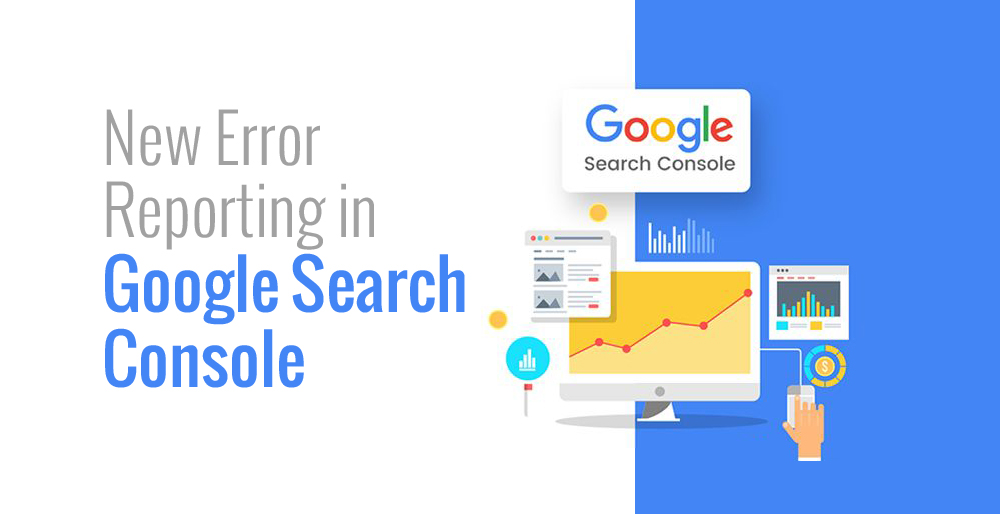Explore How to do a schema markup audit
When it comes to comprehensive SEO audits, our Ultimate SEO Audit Template is a perfect choice.
Here, we will discuss auditing Schema markup. There are several ways in which you can audit your Schema markup, including:
- The iMetaDex
- The site bulb
- Auditing your website manually
We believe iMetaDex is the best tool for auditing your Schema markup. Using this tool, you can validate your schema to ensure it works correctly and delves deeper into your existing Schema implementation. If you want to display certain page elements in Google’s SERPs, you can look further into the different data types you’re using.
Schema Markup: What is it?

To understand certain data types, Google uses structured data, such as Schema markup. Data like your name, address, and phone number aren’t available to Google on their own when it comes to certain types of data. For the display of this data, it needs a vocabulary defined elsewhere, even if it understands it during processing.
As a result, it will recognize and display that data based on a vocabulary, such as that featured on Schema.org. Our Ultimate Guide to Schema already covers how to use Schema.org markup. As a result of this blog, you can perform a thorough audit on your schema.org structured data to ensure you are always working with the correct data.
What is the importance of schema?
Your search engine visibility can be increased by incorporating the schema markup. As we discussed above, rich snippets (also called schema markups) are provided by specific schema markups. There is a more significant amount of SERP real estate taken up by rich results than by listings without schema. Furthermore, rich results will likely catch users’ attention and separate your listing from others, resulting in a higher click-through rate.
The schema is also necessary to convince users that you will offer value directly on the search results page when there is so much competition to earn a click. This file has a schema implementation problem. This results in warnings and errors for your pages, as we will cover below. You need to audit your schema to benefit search engines and your users. An audit of structured data should use schema.org markup combined with validation to meet Google’s requirements.
The results of the schema markup audit will reveal a variety of advantages that have been missed:
- Schema markup allows search engines to correlate search terms directly with copy and facets within web pages. The Google algorithm uses machine learning to get a keyword-based summary of a blog post in fractions of a second based on the schema item props and micro data tags of a site. Featured snippets are populated with them.
- Schema are machine-readable, which makes your website easier for crawlers to read and index. Conceptual searches are often referred to as this type of user.
- Schema markup is the perfect companion for e-commerce marketing because of the Google Mobile Buy Button and AdWords structured snippets. As a result, your AdWords paid advertising reach is expanded.
- Knowledge Graph-rich snippets are generated by schema markup. Micro-data produces a powerful visual effect in the Knowledge Graph field on the right side of SERPs.
- As part of the rapid development of Accelerated Mobile Pages (AMP), schema markup is built-in. Mobile usage is rising, so businesses can take advantage of this opportunity by becoming mobile-friendly.
- Publishers can use this method without stress. Unlike Metadata, which dates back to the HTML standard, schema.org is backed by significant search engines and integrates vocabulary and markup syntax. Web admins can avoid the tensions associated with contrasting syntheses tools save time and enhance efficiency.
- Organic SERP visibility increased.
- Local packs can now be included in more maps.
- Your business will be more accessible by the same search queries with increased rich snippets.
- It helps your brand stand out when you obtain visually appealing, rich snippets.
- Improved organic search traffic results from a better click-through rate (CTR).
- A fuller Knowledge Graph will improve brand representation.
- Revenue from organic sources increased.
- Because rich snippets help users better understand your page before they click, they typically reduce bounce rates.
- Engaging mobile buyers are made more accessible with schema.
- Providing high-quality search data improves the user experience and boosts domain authority.
Explore the Audit of Structured Data

The vocabulary hierarchy used in this post is Schema.org. Several micro formats are supported by search engines, including hCard and hReview. The steps are:
The first step is to assess the current structure of the structured data (if any)
Structured data may already be implemented on your site. You can find out if Google found this markup in Google Search Console (GSC) and if any errors need to be addressed. An audit of structured data should begin with fixing errors, as Google may penalize sites that misuse markup or spammy fashion (via algorithmic quality factors or manual action). You will see it under GSC’s Enhancements section if structured data markup is detected.
You can use this report to determine whether your page with markup has errors (which need to be fixed as quickly as possible) or warnings (nice-to-have optimizations). However, there aren’t any glaring errors making URLs ineligible for rich results in this site’s Product markup, which can be addressed to optimize the structure data further.
The second step is to audit site content for opportunities to add search features.
Our goal at this point is to simply identify the types of content on your site and whether that type has an appropriate search feature.
The following are typical features of an e-commerce/retail site:
- Pricing of products
- Markup recommendation: Product
- Product videos
- Markup recommended: Video Object
- Reviews of products
- Markup recommendation: Review
- Content for editorials and blogs
- Markup recommended: blog posting
- Contact information / location
- Markup recommended: Local Business
- Downloads of software and applications
- software application markup is recommended
You may find additional opportunities to appear in rich search results using structured data markup.
After identifying different types of content, it is time to determine which can be marked up.
The third step involves mapping content types to Schema classes.
To determine all of Schema.org’s currently supported types, review the documentation for Schema.org. Identify the markup types and content that apply most accurately to your website.
Most of the content on your site should fall within these broad categories. To find out if there is a more specific type of markup, perform a Google search.
Structured data markup can be created using the following methods:
1. The Structured Data Highlighter Helper tool can only be used if you are logged into Google Search Console.
The pros are:
- Creating markup is super easy with this WYSIWYG tool
- It can be used to publish multiple pages simultaneously since it applies to “page sets.”
- You don’t need to hire a developer to publish your markup with the tool
The cons are:
- Only articles, events, local businesses, restaurants, products, software applications, movies, and television episodes are eligible for markup.
- A recent article or product may not be able to be marked up due to crawling latency; the tool only works on pages that Google has already crawled.
- Your marked-up data will only be recognized by Google, not by Bing or any other search engine.
2. You can easily mark up structured data with Google’s Structured Data Markup Helper.
The pros are:
- Almost all search engines (including Google and Bing) recognize marked-up data.
- Provides structured data in the form of micro-data or JSON-LD
The drawbacks are
- Data Highlighter Helper only offers a small selection of markup options, including articles, events, local businesses, restaurants, products, software programs, films, TV shows, books, datasets, and questions and answers.
- Developers should use organized data rather than Highlighter Helper.
3. Validate your code using RRT and Schema.org examples.
The pros are:
- Schema.org supports over 800 markup types as of October 2020.
- You can copy and reuse all the schema.org markup examples, including JSON-LD, micro-data, and RDFa
- Microdata, RDFa, or JSON-LD
The cons are:
- There is always a learning curve with new skills/languages
- Your markup needs to be implemented by a developer
In addition to the vocabulary provided by Schema.org, we can also implement structured data markup for your content using the vocabulary provided by the scheme. Multiple ways can be used with schema’s markup:
- Data micro formats
- As an RDF
- LDJSON
Data micro formats
Embedded microdata is an annotation implemented within the HTML of an element using Schema markup.
Structured data markup has been implemented with micro data for a long time and is still supported today. Content editors and developers will be much happier if the markup is implemented more streamlined.
As an RDF
RDFa can be used for marking up your web pages. Schema markup implements RDFa using inline HTML to define property types and tag elements like photos, ratings, and prices. That scalability without logic-based rules is perhaps more complex.
LDJSON
In addition to Microdata and RDFa, Schema.org offers JSON-LD. This Javascript object lives in the body or head tags of your web page, which differs from Micro data and RDFa by marking up individual components of your content separately. JSON-LD is the “best” schema markup encoding by SEOs, content editors, and developers. Since JSON-LD is not implemented within HTML elements, it’s easier to copy and paste as a standalone script. Several SEO experts, content editors, and developers consider JSON-LD the “best” schema markup encoding.
Search engines and users alike benefit from schema. Search engines will understand your page’s content by adding schema, resulting in rich results and enhancing user experience.
Monitoring your schema’s implementation regularly is essential. While other tools can replace Google’s structured data testing tool, enterprise SEO requires more significant power.
For more information, Connect with us.
To learn more about iMetaDex™, click here.
MetaSense Marketing Management Inc.
866-875-META (6382)
support@metasensemarketing.com














































































































